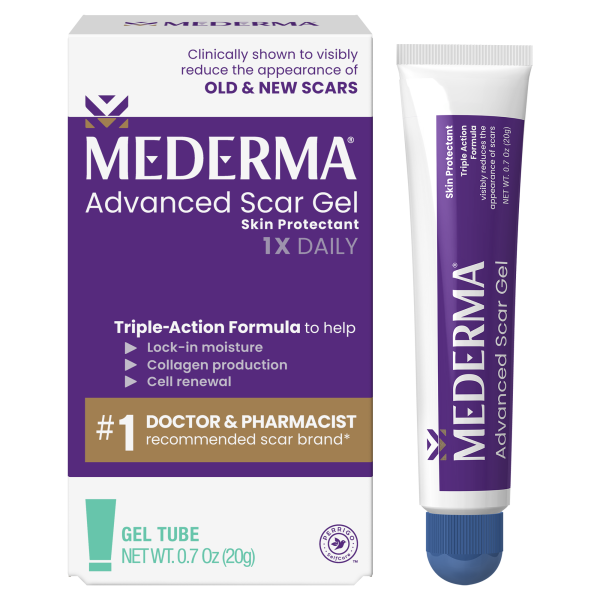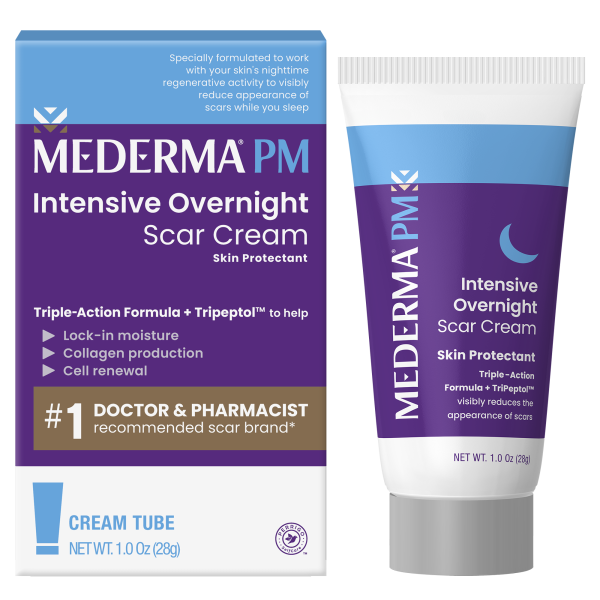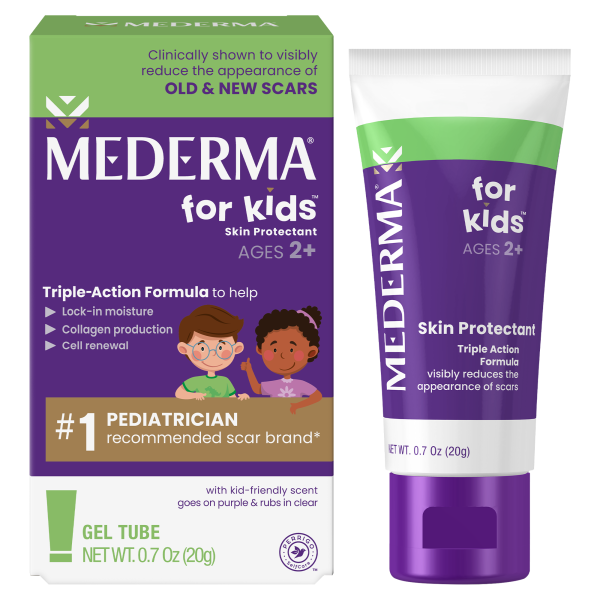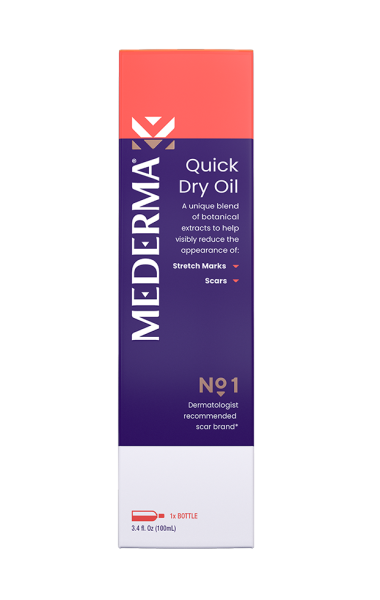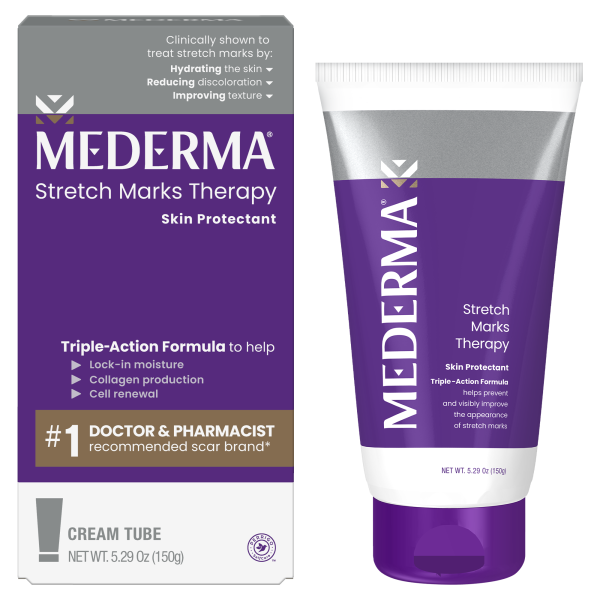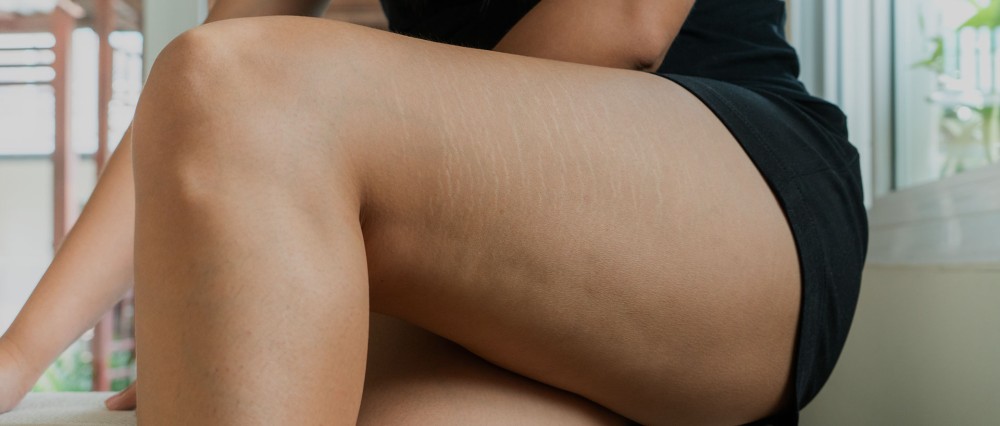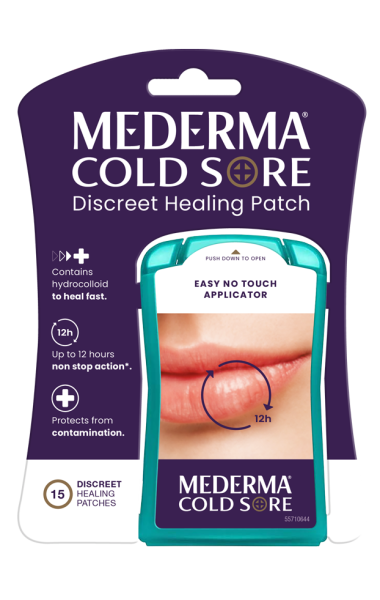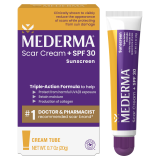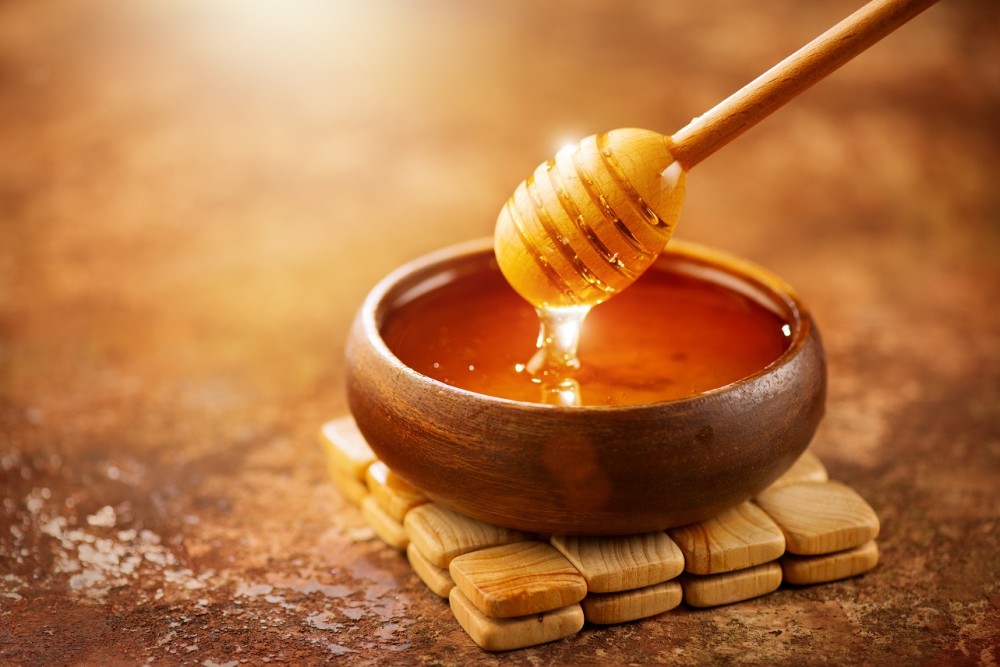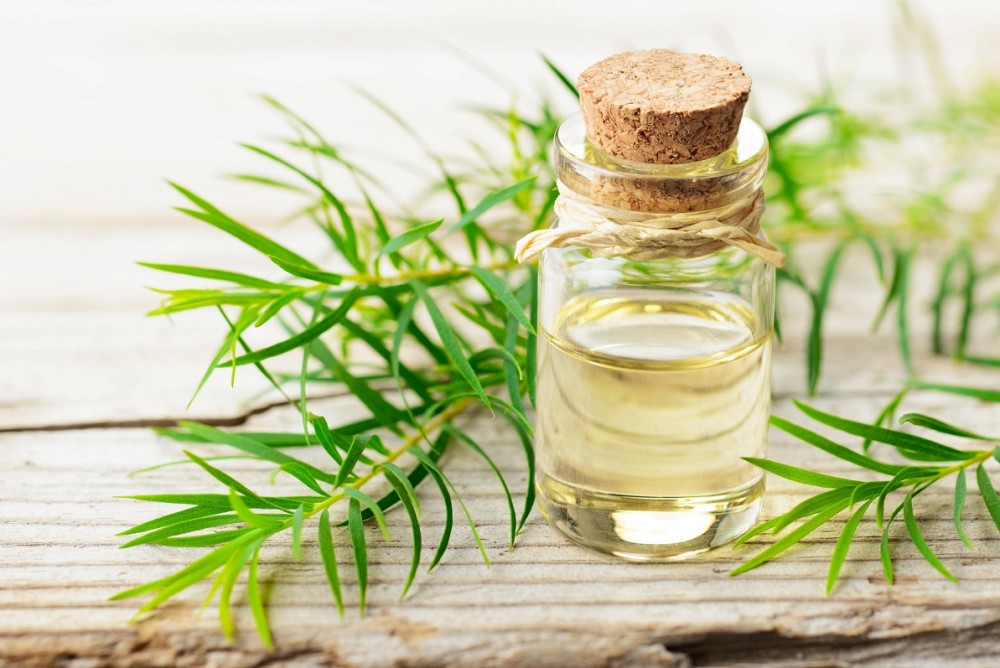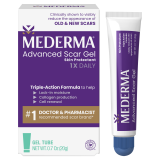When helping scars to fade, there tends to be three main approaches:
- Various gels, creams and oil
- Natural remedies
- Surgery
Creams and natural remedies are a good option for those looking to see if they can reduce their scar’s appearance. If this approach does not have the desired effect, surgical procedures can often produce the best results for scars.. Natural remedies – in this context – are simply those using ingredients in their natural form, i.e. not incorporated into gels or creams.
There are plenty of natural remedies you can try with minimal time, effort and cost at home. This article will look at those that could have an impact on the scar’s appearance and discuss those that may not help fade your scar at all.
- There is less scientific proof around the effectiveness of natural and home remedies than there is for medical and over the counter scar products.
- Starting treatment as soon as possible provides the best results.
- Massaging is a great way to help break up collagen and can be combined with natural scar remedies.
In this article:
- Natural scar remedies
- At home medical treatments for scars
